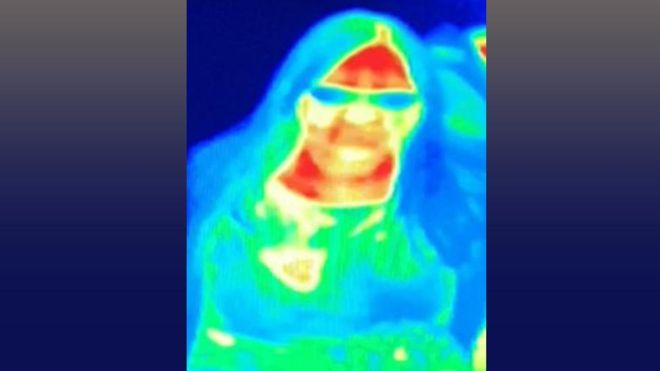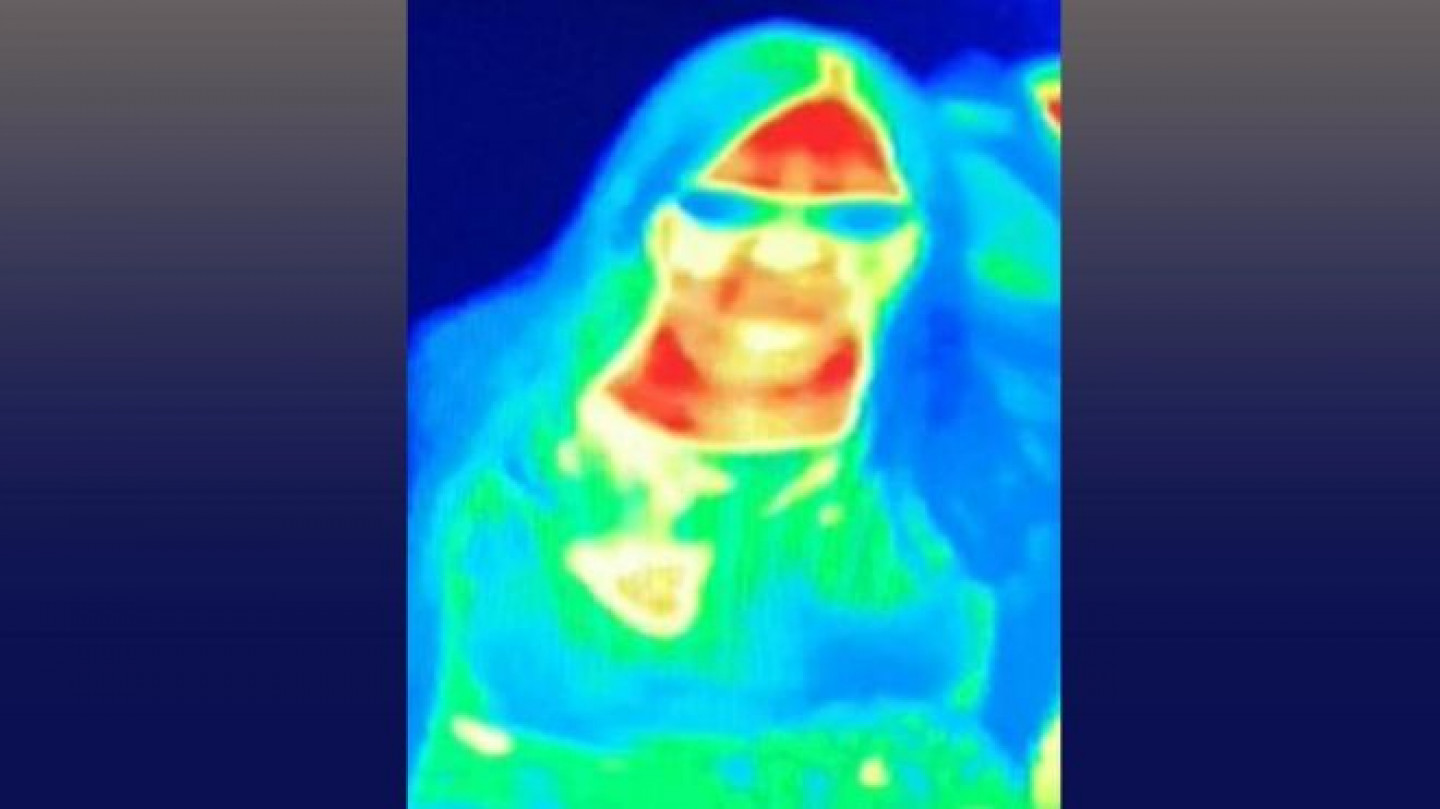
Thermal Imaging was featured on BBC and Sky News when it was revealed that a tourist, Bal Gill, whilst on holiday in Edinburgh, Scotland visited a camera museum and was captured by their thermal camera which showed that one of her breasts was a different colour. On returning home she did her own research into thermal imaging and found a number of articles about the role it plays in detecting early stage breast disease. She consulted her doctor who, after following up with further diagnostic tests, confirmed she had early stage breast cancer.
She has since had two surgeries, including a mastectomy, and has a final surgery in November. She has been told she will not need chemotherapy or radiotherapy afterwards. 'I just wanted to say thank you, without that camera I would never have known,' she said. 'I know its not the intention of the camera but for me it really was a life-changing visit'.
This story confirms that Thermography works very well as a tool that indicates physiological abnormalities in the body - it is widely used in the US, Europe and other countries around the world, as a breast and body screening option.
The BBC website reports: 'Thermography, also called Thermal Imaging, uses a special camera to measure the temperature of the skin on the breasts surface. It is a non-invasive test that does not involve any harmful radiation. Cancer cells grow and multiply very fast. Blood flow and metabolism are higher in a cancer tumour as blood flow and metabolism increase, which makes skin temperature rise.'


Recent Comments